Fertility After 40: Myths and Realities

Clearing the Confusion Around Age and Conception
For many, turning 40 can come with mixed emotions, especially if you’re trying to grow your family. You’ve likely heard phrases like “your biological clock is ticking” or “it’s too late.” But how much of this is true? And what’s actually possible with today’s reproductive technology? At Reproductive Centers of America (RCA), we believe in empowering people with facts, not fear. If you’re in your 40s and considering parenthood, here’s what you need to know.
Myth #1: It’s Impossible to Get Pregnant After 40
Reality: Pregnancy after 40 is absolutely possible—both naturally and with assistance. However, fertility does decline with age.
- Women are born with a finite number of eggs, and both egg quantity and quality drop significantly after age 35.
- By age 40, natural conception rates drop to around 5–10% per cycle.
- After 43–45, natural conception becomes much less likely, and assisted reproductive options are often recommended.
Still, thousands of healthy pregnancies occur every year in women over 40—with and without IVF.
Myth #2: IVF Guarantees Pregnancy at Any Age
Reality: IVF improves the chances of pregnancy, but it’s not a guarantee—especially with age-related egg decline.
- IVF success rates using a woman’s own eggs drop after 40, often below 15% per cycle.
- Success rates are higher when using donor eggs, especially from younger donors, where rates can reach 50–70% per cycle.
RCA customizes treatment protocols for patients over 40 to optimize response and improve outcomes—but we’re always transparent about what’s realistic.
Myth #3: If You’re Still Getting a Period, You’re Fertile
Reality: Regular periods don’t always mean healthy ovulation or viable eggs.
- Hormone levels like AMH, FSH, and estradiol provide a clearer picture of ovarian reserve.
- It’s possible to menstruate regularly and still experience diminished ovarian reserve (DOR) or poor egg quality.
That’s why fertility testing is essential if you’re over 40 and trying to conceive.
Reality: Age Affects Egg Quality—But Not Your Uterus
One of the most encouraging facts? The uterus doesn’t age like eggs do.
- Many women over 40 can carry healthy pregnancies if high-quality embryos (including from donor eggs) are available.
- This opens the door to donor egg IVF or embryo adoption as viable options for those with compromised egg quality.
Reality: Lifestyle Still Matters—Even After 40
No matter your age, optimizing your fertility health can make a difference:
- Eat a nutrient-dense, anti-inflammatory diet
- Get 7–9 hours of sleep per night
- Manage stress with tools like meditation, yoga, or counseling
- Avoid smoking, limit alcohol, and reduce exposure to toxins
- Stay informed—and surround yourself with providers who treat you as a whole person
You Deserve Honest, Hopeful Guidance
Fertility after 40 comes with challenges, but also choices. Whether you’re trying naturally, exploring IVF, or considering egg donation, RCA is here to offer clear answers, real options, and unwavering support.
Myth #1: It’s Impossible to Get Pregnant After 40
Reality: Pregnancy after 40 is absolutely possible—both naturally and with assistance. However, fertility does decline with age.
- Women are born with a finite number of eggs, and both egg quantity and quality drop significantly after age 35.
- By age 40, natural conception rates drop to around 5–10% per cycle.
- After 43–45, natural conception becomes much less likely, and assisted reproductive options are often recommended.
Still, thousands of healthy pregnancies occur every year in women over 40—with and without IVF.
Myth #2: IVF Guarantees Pregnancy at Any Age
Reality: IVF improves the chances of pregnancy, but it’s not a guarantee—especially with age-related egg decline.
- IVF success rates using a woman’s own eggs drop after 40, often below 15% per cycle.
- Success rates are higher when using donor eggs, especially from younger donors, where rates can reach 50–70% per cycle.
RCA customizes treatment protocols for patients over 40 to optimize response and improve outcomes—but we’re always transparent about what’s realistic.
Myth #3: If You’re Still Getting a Period, You’re Fertile
Reality: Regular periods don’t always mean healthy ovulation or viable eggs.
- Hormone levels like AMH, FSH, and estradiol provide a clearer picture of ovarian reserve.
- It’s possible to menstruate regularly and still experience diminished ovarian reserve (DOR) or poor egg quality.
That’s why fertility testing is essential if you’re over 40 and trying to conceive.
Reality: Age Affects Egg Quality—But Not Your Uterus
One of the most encouraging facts? The uterus doesn’t age like eggs do.
- Many women over 40 can carry healthy pregnancies if high-quality embryos (including from donor eggs) are available.
- This opens the door to donor egg IVF or embryo adoption as viable options for those with compromised egg quality.
Reality: Lifestyle Still Matters—Even After 40
No matter your age, optimizing your fertility health can make a difference:
- Eat a nutrient-dense, anti-inflammatory diet
- Get 7–9 hours of sleep per night
- Manage stress with tools like meditation, yoga, or counseling
- Avoid smoking, limit alcohol, and reduce exposure to toxins
- Stay informed—and surround yourself with providers who treat you as a whole person
You Deserve Honest, Hopeful Guidance
Fertility after 40 comes with challenges, but also choices. Whether you’re trying naturally, exploring IVF, or considering egg donation, RCA is here to offer clear answers, real options, and unwavering support.









